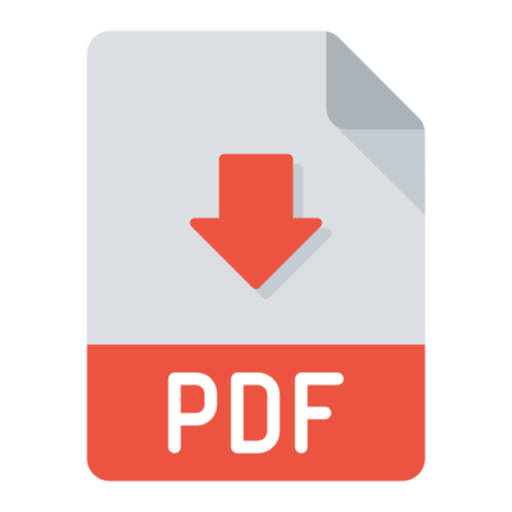Introduction: lessons learned from the Ebola virus disease (EVD) outbreak enabled Liberia to develop a health plan for strengthening public health capacity against potential public health threats. risk communication is one of the core pillars that provide life-saving information and knowledge for the public to take preventive and proactive actions against public health threats. These were applied in response to the post-ebola meningococcal septicemia and meningitis outbreaks in Sinoe and Grand Kru counties. This paper documents risk communication experiences in these post-ebola outbreaks in Liberia.
Methods: risk Communication and health promotion strategies were deployed in developing response plans and promptly disseminating key messages to affected communities to mitigate the risks. Other strategies included engagement of community leaders, partnership with the media and dissemination of messages through the community radios, active monitoring community risk perceptions and compliance, rumor management, mobile stage and interpersonal communication (IPC) during the Meningococcal disease outbreaks in Sinoe and Grand Kru counties.
Results: in Sinoe, about 36,891 households or families in 10 health districts were reached through IPC and dialogue. Circulating rumors such as “Ebola” was the cause of deaths was timely and promptly mitigated. There was increased trust and adherence to health advice including prompt reporting of sick people to the nearest health facility in the two counties. Conclusion: risk communication and health promotion encouraged community support and involvement in any response to public threats and events. No doubt, risk communication and health promotion play an important role in preparedness and response to public health emergencies

